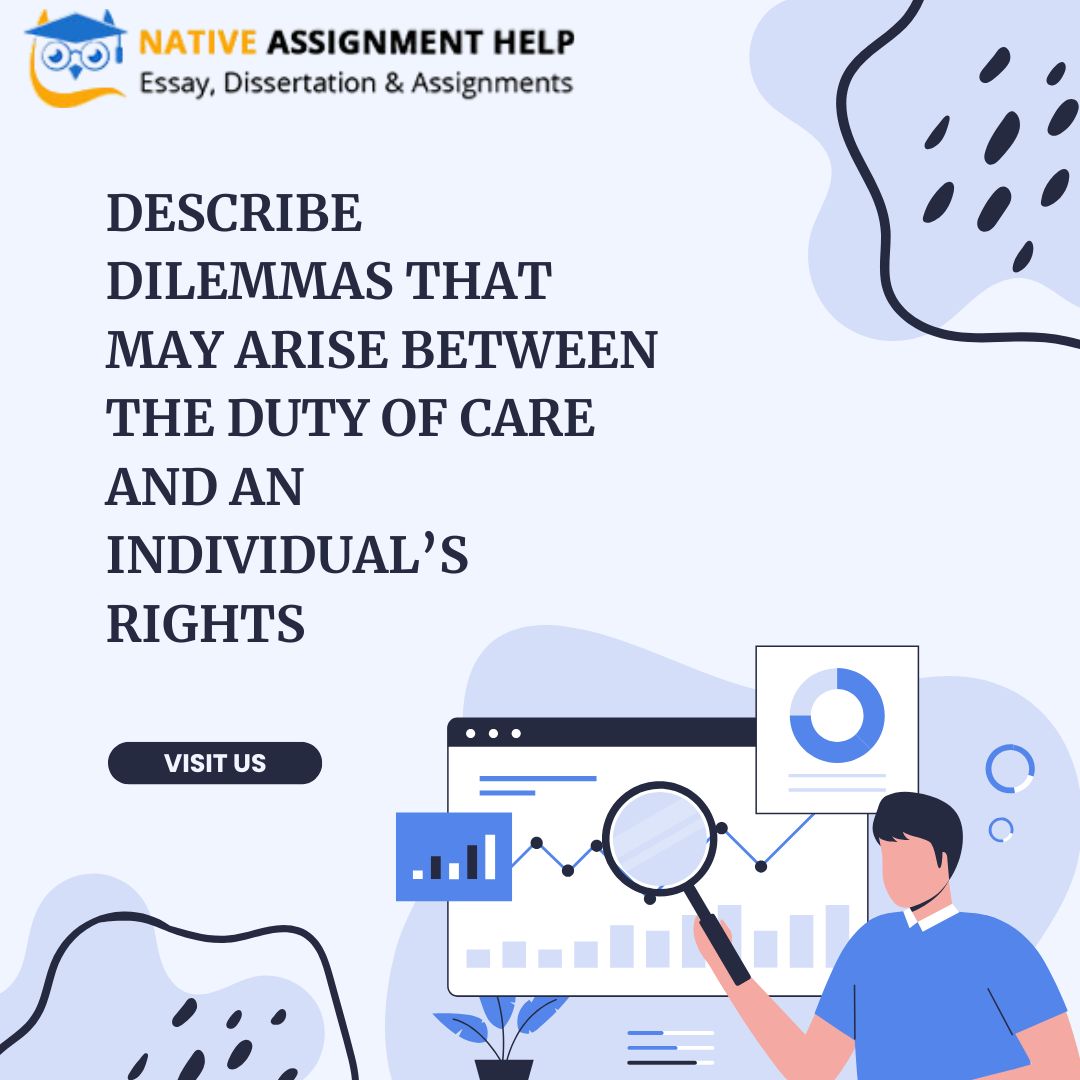GCSE Speech Ideas: Topics That Spark Discussion

Strong 8k brings an ultra-HD IPTV experience to your living room and your pocket.
Introducation
Crafting a compelling speech for a GCSE assignment requires choosing a topic that not only resonates with you but also captivates your audience, sparking discussion and leaving a lasting impression. The key is to select an issue that is relevant, thought-provoking, and allows you to showcase your ability to articulate ideas clearly and persuasively. Below is a detailed exploration of speech topic ideas designed to inspire GCSE Speech Ideas for students, covering themes that are timely, impactful, and open to diverse perspectives. These topics are grouped into categories to help you find one that aligns with your interests and encourages meaningful dialogue.
Social Issues: Tackling the Big Questions
Social issues provide fertile ground for impactful speeches because they touch on human experiences and societal challenges. These topics encourage empathy, critical thinking, and debate, making them ideal for a GCSE speech.
1. Should Social Media Platforms Be Held Accountable for Mental Health Issues?
Social media is a double-edged sword: it connects us but can also harm mental well-being, particularly among teenagers. A speech on this topic could explore the pressures of online validation, the rise of anxiety linked to social media, and whether companies like Instagram or TikTok should face stricter regulations. You could argue for or against corporate responsibility, citing studies like those from the Royal Society for Public Health, which highlight social media’s impact on self-esteem, or discuss how users share responsibility for their online habits. This topic invites discussion about personal freedom versus corporate accountability.
2. Is Cancel Culture Doing More Harm Than Good?
Cancel culture—publicly criticizing and boycotting individuals for perceived wrongdoings—has sparked heated debates. You could examine whether it holds people accountable or stifles free speech. Use examples like high-profile cancellations (e.g., authors or celebrities) to illustrate your points, and explore the balance between justice and mob mentality. This topic allows you to delve into morality, forgiveness, and the power of public opinion, encouraging classmates to share their views.
3. Should School Uniforms Be Abolished?
School uniforms are a polarizing issue. You could argue that they promote equality and discipline or, conversely, that they suppress individuality and burden families financially. Incorporate statistics, such as surveys showing student preferences (e.g., a 2023 UK study found 60% of students dislike uniforms), and discuss how uniforms impact self-expression or bullying. This topic resonates with peers, sparking lively classroom discussions.
Environmental Concerns: Our Planet, Our Future
Environmental issues are urgent and universally relevant, offering opportunities to craft speeches that inspire action and reflection. These topics also align with GCSE curricula, which often emphasize global challenges.
4. Is Fast Fashion Worth the Environmental Cost?
Fast fashion brands like Shein and Zara dominate wardrobes, but their environmental toll—water waste, microplastics, and carbon emissions—is staggering. A speech could explore the ethics of cheap clothing, using data like the 100 billion garments produced annually, much of which ends up in landfills. Discuss whether sustainable alternatives are viable or if consumer habits must change. This topic encourages debate about personal responsibility versus systemic change.
5. Should Single-Use Plastics Be Banned Globally?
Single-use plastics, from straws to packaging, are a major environmental issue. You could argue for a global ban, citing statistics like the 300 million tons of plastic produced yearly, or defend their necessity in certain contexts, like medical supplies. Explore the economic and practical challenges of bans versus their ecological benefits. This topic invites discussion on balancing convenience with planetary health.
6. Can Individual Actions Truly Combat Climate Change?
With climate change dominating headlines, a speech could question whether individual efforts—like recycling or reducing meat consumption—make a difference compared to corporate or governmental action. Use examples like the 1% contribution of personal carbon footprints versus the 70% from industries (per a 2021 CDP report). This topic sparks debate about collective versus individual responsibility.
Technology and Ethics: Navigating the Digital Age
Technology shapes our lives, raising ethical questions that make for compelling speeches. These topics allow you to explore innovation’s benefits and risks.
7. Should Artificial Intelligence Be Regulated?
AI is transforming industries, from healthcare to education, but its risks—job displacement, bias, or misuse—raise concerns. A speech could argue for strict regulations, citing cases like biased AI hiring tools, or advocate for innovation with minimal oversight. Discuss how AI could affect GCSE students’ future careers, making this topic relatable and forward-looking.
8. Is Online Privacy a Right or a Privilege?
With data breaches and surveillance on the rise, online privacy is a hot topic. You could argue that privacy is a fundamental right, referencing laws like GDPR, or suggest it’s a privilege in a world reliant on free digital services. Explore how companies monetize data and what this means for teenagers online. This topic encourages peers to reflect on their digital footprints.
9. Should Video Games Be Blamed for Violence?
The debate over video games and violence persists, with studies like those from the American Psychological Association showing mixed results. A speech could defend gaming as a creative outlet or critique its potential to desensitize players to violence. Use examples like Fortnite or Call of Duty to engage your audience, sparking debate about media influence.
Education and Personal Growth: Issues Close to Home
Topics related to education and personal development resonate with GCSE students, as they reflect daily experiences and future aspirations.
10. Should Exams Be Replaced with Alternative Assessments?
Exams like GCSEs are stressful, and some argue they don’t reflect true ability. You could propose alternatives like project-based assessments, citing Finland’s education system, which emphasizes skills over tests. Or, defend exams as fair and rigorous. This topic invites classmates to share their exam experiences, fostering lively discussion.
11. Is Homework Beneficial or a Burden?
Homework is a staple of school life, but is it effective? Argue that it reinforces learning, using evidence like improved retention rates, or claim it overwhelms students, citing mental health impacts. This topic is relatable, encouraging peers to weigh in with personal anecdotes.
12. Should Financial Education Be Mandatory in Schools?
Many young people lack financial literacy, from budgeting to understanding loans. A speech could advocate for mandatory financial education, citing statistics like the 40% of UK teens who feel unprepared for managing money (per a 2024 survey). Discuss how this could empower students, sparking debate about curriculum priorities.
Cultural and Global Perspectives: Broadening Horizons
Exploring cultural and global issues encourages students to think beyond their immediate surroundings, fostering empathy and global awareness.
13. Should Cultural Appropriation Be Called Out?
Cultural appropriation—using elements of a culture without permission or understanding—sparks debate. You could argue it’s disrespectful, using examples like fashion brands misusing traditional designs, or defend it as cultural exchange. This topic encourages nuanced discussions about respect and creativity.
14. Is Globalization Helping or Hurting Local Cultures?
Globalization connects the world but can erode local traditions. A speech could explore how global brands like Starbucks impact small businesses or how cultural homogenization affects identity. Use data like the decline of indigenous languages (3,000 at risk, per UNESCO) to ground your argument. This topic invites debate about progress versus preservation.
15. Should Everyone Learn a Second Language?
Learning a second language boosts cognitive skills and cultural understanding, but is it necessary? Argue for mandatory language classes, citing benefits like improved job prospects, or question their relevance in an era of translation apps. This topic sparks discussion about education and global connectivity.
Tips for Crafting Your Speech
Once you’ve chosen a topic, make your speech stand out:
- Start with a Hook: Use a surprising statistic, anecdote, or question to grab attention. For example, “Did you know 8 million tons of plastic enter our oceans yearly?” for a plastics ban speech.
- Structure Clearly: Follow a clear structure—introduction, main arguments, counterarguments, and conclusion. Aim for 3–5 minutes, roughly 400–600 words, to fit GCSE guidelines.
- Use Evidence: Incorporate facts, statistics, or examples to strengthen your case. Ensure sources are credible, like government reports or academic studies.
- Engage Your Audience: Ask rhetorical questions or include relatable examples to keep peers invested. For instance, mention apps they use in a social media speech.
- End Strongly: Summarize your key points and leave the audience with a call to action or thought-provoking question to spark discussion.
Conclusion
Choosing the right GCSE speech topic is about finding an issue that excites you and resonates with your audience. Whether you tackle social media’s impact, climate change, or educational reform, these topics offer opportunities to express your views and ignite meaningful discussions. Pick a topic that feels personal, back it with solid evidence, and deliver it with passion. Your speech isn’t just an assignment—it’s a chance to inspire, challenge, and connect with your peers.
Note: IndiBlogHub features both user-submitted and editorial content. We do not verify third-party contributions. Read our Disclaimer and Privacy Policyfor details.







